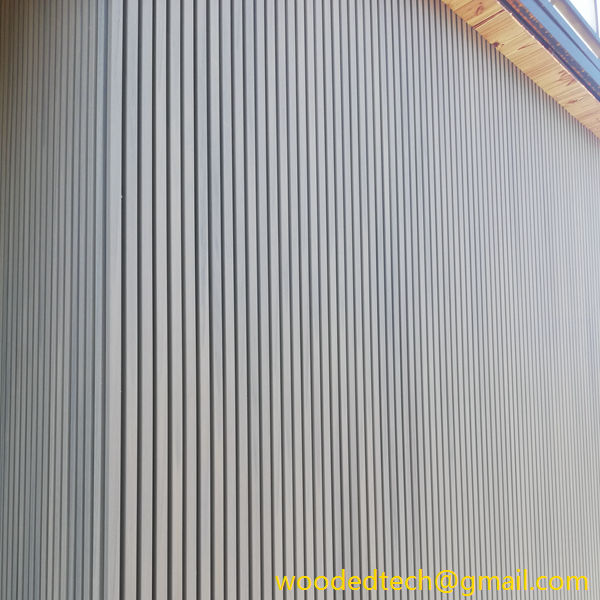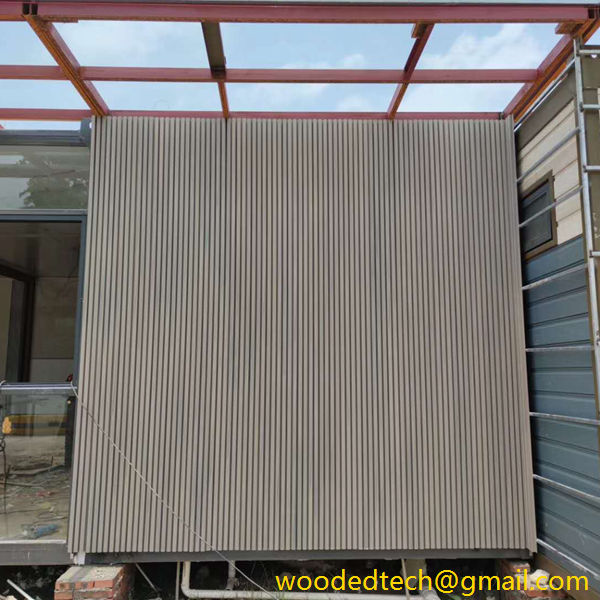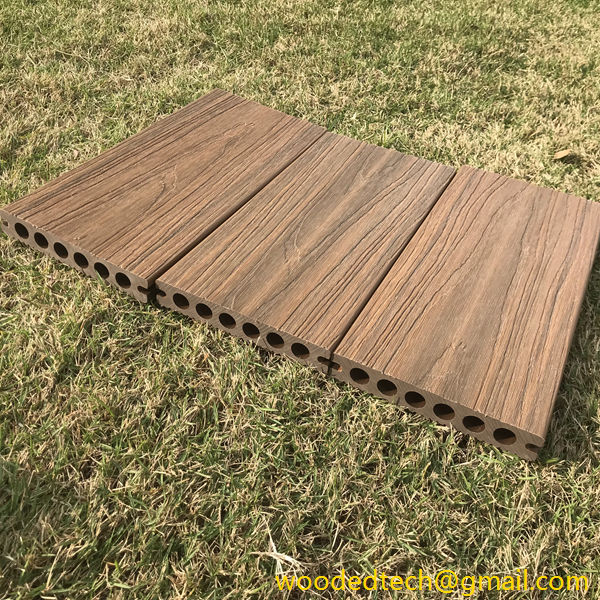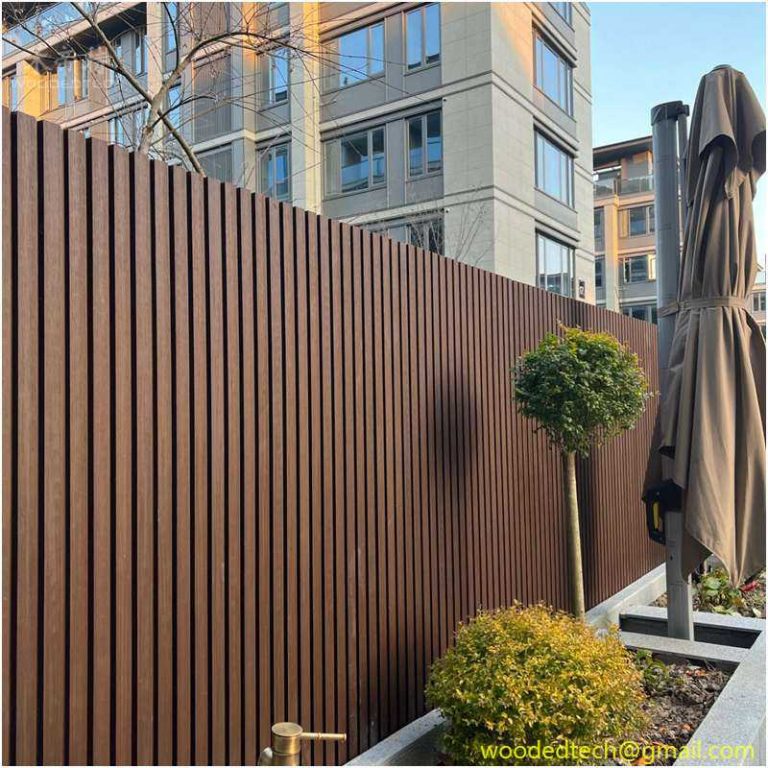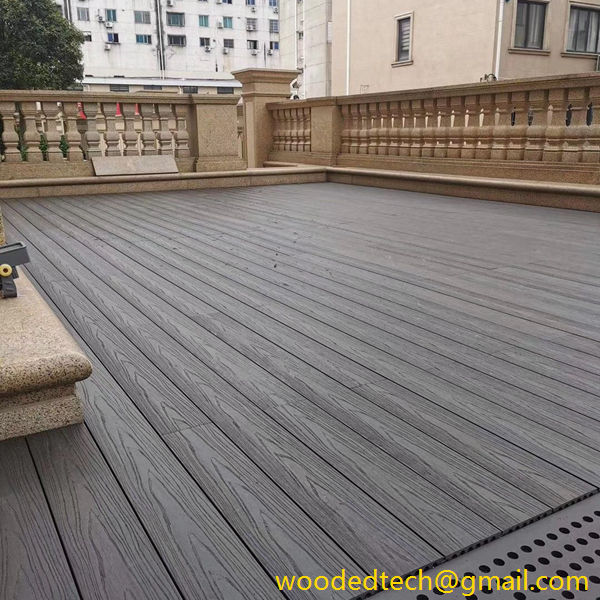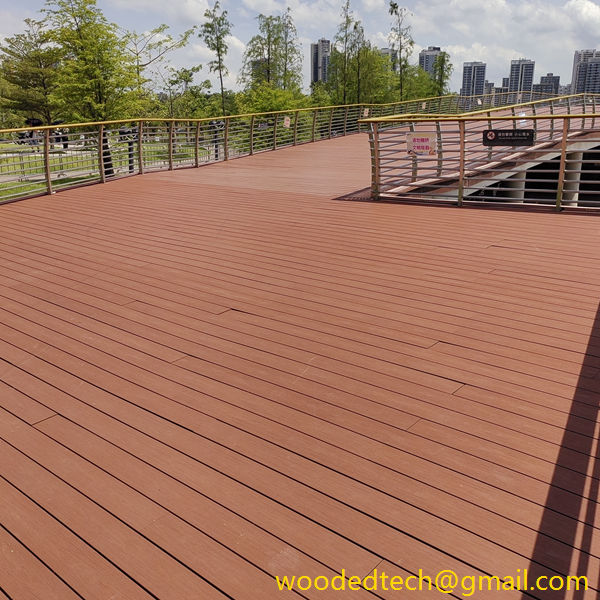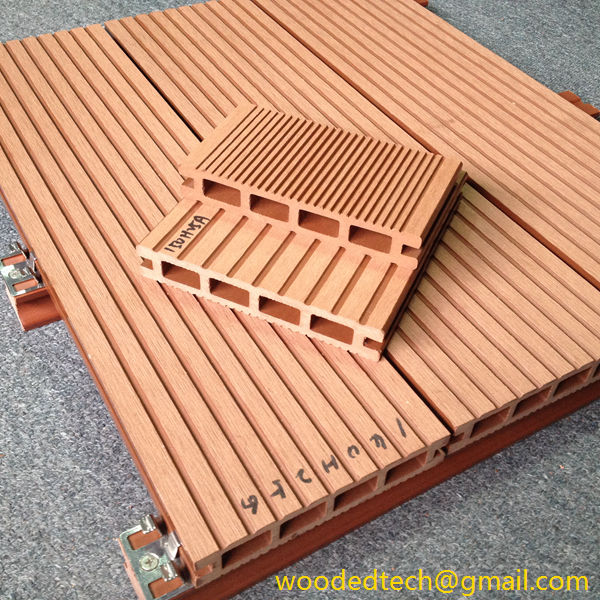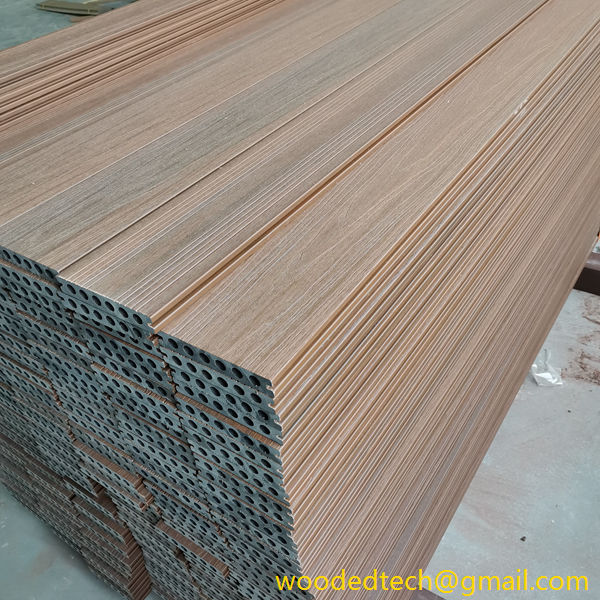Benefits of WPC Wall Panel Wood Plastic for Durability
Benefits of WPC Wall Panel Wood Plastic for Durability Wood Plastic Composite (WPC) wall panels have emerged as a popular choice among homeowners and builders alike, thanks to their unique combination of durability, aesthetic appeal, and low maintenance requirements. These panels, crafted from a blend of wood fibers and plastic, offer a range of benefits…
Benefits of WPC Wall Panel Wood Plastic for Durability
Wood Plastic Composite (WPC) wall panels have emerged as a popular choice among homeowners and builders alike, thanks to their unique combination of durability, aesthetic appeal, and low maintenance requirements. These panels, crafted from a blend of wood fibers and plastic, offer a range of benefits that make them a superior option for various applications, from residential interiors to commercial exteriors. When considering the advantages of WPC wall panels, it becomes clear why they are increasingly favored in the construction and design industries.
One of the most significant benefits of WPC wall panels is their remarkable durability. Unlike traditional wood, which is susceptible to rotting, warping, and insect infestations, WPC is engineered to withstand the elements. The plastic component in WPC acts as a protective barrier, preventing moisture absorption and making it highly resistant to water damage. This feature is particularly advantageous in areas with high humidity or fluctuating temperatures, where conventional wood materials might degrade over time. The longevity of WPC wall panels translates to fewer replacements, reducing overall costs for homeowners and builders in the long run.
In addition to moisture resistance, WPC wall panels are also resistant to the effects of UV exposure. Traditional wood can fade and lose its color when subjected to prolonged sunlight, requiring regular refinishing or staining to maintain its appearance. WPC, however, is designed to retain its color and finish even after years of exposure to sunlight. This characteristic not only enhances the visual appeal of a property but also minimizes the upkeep required to keep surfaces looking fresh and new. As a result, WPC wall panels are an excellent investment for anyone looking to maintain the aesthetic quality of their home or commercial space over time.
Another advantage of WPC wall panels is their ease of installation. The lightweight nature of these panels makes them easier to handle compared to traditional wood panels, which can be cumbersome and difficult to work with. Moreover, many WPC products come with interlocking systems or tongue-and-groove designs that simplify the installation process. This user-friendly feature allows for quicker project completion, minimizing labor costs and disruption during construction. Whether you are a seasoned contractor or a DIY enthusiast, WPC wall panels offer an efficient solution for achieving a polished finish with minimal effort.
The versatility of WPC wall panels is also worth noting. They are available in a wide range of colors, textures, and finishes, allowing homeowners and designers to create a customized look that complements their style and preferences. Whether you desire a modern, sleek appearance or a more rustic, natural aesthetic, there are WPC options to suit every taste. Additionally, these panels can be used in various settings, including interior walls, exterior cladding, and even decorative accents, making them a flexible choice for any project.
From an environmental perspective, WPC wall panels present a sustainable alternative to traditional building materials. The production of WPC utilizes recycled wood fibers and plastics, reducing the reliance on virgin materials and minimizing waste. This eco-friendly approach aligns with the growing demand for sustainable building practices and materials that have a lower environmental impact. By choosing WPC wall panels, consumers can contribute to a more sustainable future while still achieving the durability and aesthetic quality they desire.
Furthermore, WPC wall panels require minimal maintenance compared to traditional wood products. They do not need regular sealing, staining, or painting, as is often the case with wood surfaces. A simple cleaning with soap and water is usually sufficient to keep them looking their best. This low-maintenance requirement is particularly appealing for busy individuals or families who may not have the time or resources to dedicate to the upkeep of their home. By reducing the time and effort spent on maintenance, WPC wall panels allow homeowners to focus on enjoying their spaces rather than worrying about repairs and refinishing.
In terms of cost-effectiveness, WPC wall panels provide an excellent return on investment. While the initial cost may be slightly higher than traditional wood products, the durability and low maintenance needs of WPC translate to significant savings over time. Homeowners can avoid frequent repairs and replacements, while also benefiting from the enhanced energy efficiency that WPC materials can offer. Insulating properties inherent in some WPC products can help regulate indoor temperatures, leading to potential energy savings on heating and cooling costs.
In conclusion, the benefits of Wood Plastic Composite wall panels are multifaceted and compelling. Their durability, resistance to moisture and UV damage, ease of installation, aesthetic versatility, environmental sustainability, low maintenance needs, and cost-effectiveness make them an ideal choice for a wide range of applications. As the demand for innovative and efficient building materials continues to grow, WPC wall panels stand out as a solution that meets the needs of both consumers and the environment. By choosing WPC, homeowners and builders alike can invest in a product that not only enhances the beauty of their spaces but also ensures longevity and sustainability for years to come.

